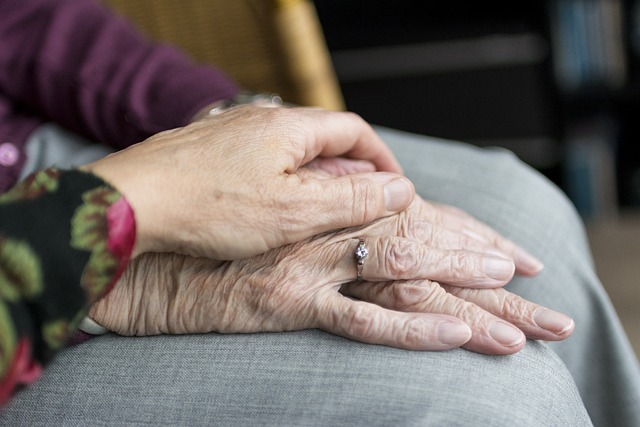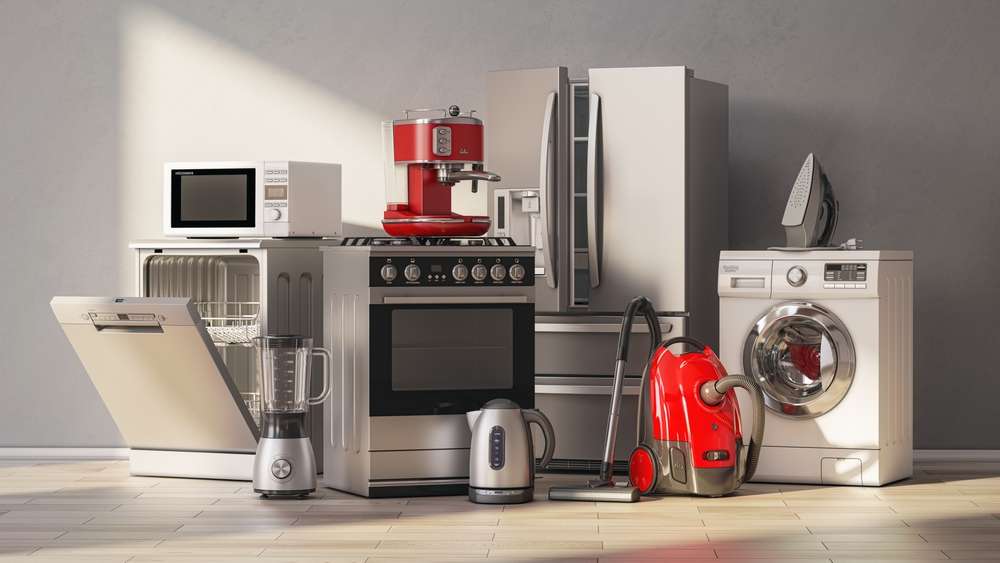Understanding Home Care Services: Options for Elderly Care
Home care services provide essential support for seniors who wish to maintain their independence while receiving necessary assistance in the comfort of their homes. This personalized care approach has gained significant popularity as families seek alternatives to institutional care settings. Home care encompasses a range of services from basic household help to specialized medical care, all tailored to meet individual needs and preferences. For many elderly individuals, these services represent the perfect balance between maintaining autonomy and receiving the support needed to ensure safety, health, and quality of life.

What Is Elderly Home Care?
Elderly home care refers to supportive services provided to seniors in their own residences rather than in care facilities. These services are designed to help older adults maintain independence while receiving necessary assistance with daily activities. The scope of elderly home care can range from basic companionship and household help to more complex medical support.
Common elderly home care services include assistance with personal care (bathing, dressing, grooming), medication management, meal preparation, light housekeeping, transportation to appointments, and companionship. More comprehensive care might include specialized medical services like wound care, injections, physical therapy, and monitoring of vital signs or health conditions.
One of the primary benefits of elderly home care is the personalized attention seniors receive. Unlike institutional settings where staff members care for multiple residents simultaneously, home care providers can focus entirely on one individual, ensuring their specific needs are met with dignity and respect.
How To Choose A Home Care Agency
Selecting the right home care agency requires careful consideration of several factors. First, verify that the agency is properly licensed and certified according to local regulations. Reputable agencies should willingly provide documentation of their credentials and insurance coverage.
Experience and specialization matter significantly when choosing an agency. Some agencies focus on basic companion care, while others offer skilled nursing services or specialized care for conditions like dementia or Parkinson’s disease. Ensure the agency’s expertise aligns with your loved one’s specific needs.
Staff qualifications and training procedures are equally important considerations. Ask about the agency’s hiring standards, background check protocols, and ongoing training programs for caregivers. The best agencies conduct thorough vetting of their employees and provide regular skill updates and supervision.
It’s also advisable to request references from current or former clients and to interview potential caregivers before making a decision. Many agencies will arrange meet-and-greet sessions to ensure compatibility between the caregiver and the care recipient, which is crucial for establishing a comfortable and effective care relationship.
Benefits of Private Home Care For Elderly
Private home care offers numerous advantages that make it an attractive option for many seniors and their families. Perhaps the most significant benefit is the ability to remain in familiar surroundings. Staying at home maintains a sense of normalcy and comfort that institutional settings cannot replicate, which can positively impact emotional and psychological well-being.
Another major advantage is the personalized nature of care. Private caregivers can focus exclusively on one client, tailoring their approach to individual preferences, routines, and needs. This one-on-one attention often results in higher quality care and stronger bonds between caregivers and clients.
Private home care also provides remarkable flexibility. Care schedules can be adjusted according to changing needs—ranging from a few hours of assistance per week to around-the-clock support. This scalability makes private care suitable for seniors at various stages of independence.
For many families, private home care offers peace of mind knowing their loved one is receiving dedicated attention from a consistent caregiver. The continuity of care from the same person or small team helps build trust and familiarity, which is especially beneficial for seniors with cognitive impairments.
Understanding Home Care Costs and Payment Options
The cost of home care services varies widely depending on several factors, including the level of care needed, geographic location, and whether services are provided through an agency or by independent caregivers. Understanding these costs and available payment options is crucial for families planning long-term care.
Home care costs typically range from $20 to $40 per hour for non-medical assistance, while skilled nursing care may cost $40 to $80 or more per hour. Many agencies require a minimum number of hours per visit, which can affect overall expenses. Live-in care generally costs between $200 and $350 per day, depending on location and services required.
| Type of Service | Average Hourly Cost | Average Monthly Cost (44 hours/week) |
|---|---|---|
| Companion Care | $20-$25 | $3,500-$4,400 |
| Personal Care | $25-$35 | $4,400-$6,200 |
| Skilled Nursing | $40-$80+ | $7,000-$14,000+ |
| Live-in Care | $200-$350 per day | $6,000-$10,500 |
Prices, rates, or cost estimates mentioned in this article are based on the latest available information but may change over time. Independent research is advised before making financial decisions.
Several payment options exist for home care services. Medicare generally covers only limited home health care following a hospitalization, not ongoing personal care. Medicaid covers home care for low-income seniors who qualify, though benefits vary by state. Long-term care insurance often covers home care, but policies differ significantly in their coverage terms. Veterans may access benefits through the VA Aid and Attendance program, while some seniors use private funds, including retirement savings, home equity, or family contributions.
How To Prepare Your Home For Care Services
Creating a safe, functional environment for home care requires thoughtful preparation. Begin by conducting a thorough safety assessment of the home, looking for potential hazards like loose rugs, poor lighting, or cluttered walkways. Installing grab bars in bathrooms, securing handrails on stairs, and removing trip hazards can significantly reduce the risk of falls.
Consider reorganizing living spaces to accommodate any mobility limitations. This might involve moving a bedroom to the ground floor, widening doorways for wheelchair access, or rearranging furniture to create clear pathways. The goal is to maximize independence while ensuring safety.
Communication tools are essential for seniors receiving home care. Ensure that phones are easily accessible and consider additional technologies like personal emergency response systems, medication reminders, or two-way communication devices that allow quick contact with caregivers or family members.
Prepare a clear care plan and information packet for caregivers that includes emergency contacts, medication lists, dietary restrictions, daily routines, and preferences. Having this information readily available ensures consistent care and reduces stress during caregiver transitions or emergencies.
When To Consider Transitioning From Home Care
While home care allows many seniors to age in place successfully, there may come a time when different care arrangements become necessary. Recognizing the signs that indicate the need for a transition is important for maintaining safety and quality of life.
A significant increase in care needs, particularly when 24-hour supervision becomes necessary, often signals that home care alone may no longer be sufficient. This might occur following a serious medical event like a stroke or when progressive conditions like dementia advance to later stages.
Safety concerns represent another important indicator. If falls become frequent despite home modifications, or if wandering behaviors create risks that cannot be adequately managed at home, a more structured environment may be appropriate.
Caregiver burnout can also necessitate a change in care arrangements. When family members providing supplemental care experience significant stress or when rotating professional caregivers cannot maintain continuity, it may be time to explore alternatives like assisted living or memory care communities.
The decision to transition from home care should involve open discussions with healthcare providers, care managers, family members, and when possible, the senior themselves. Planning transitions thoughtfully rather than reacting to crises generally leads to better outcomes and adjustment experiences.




